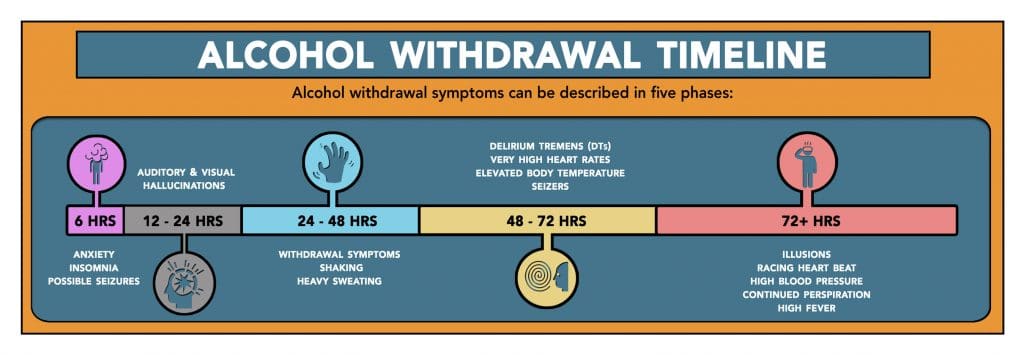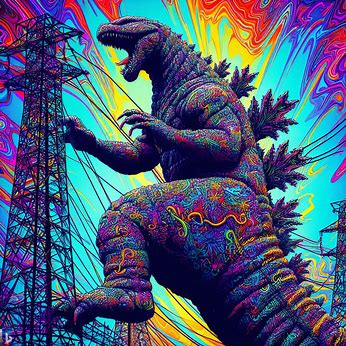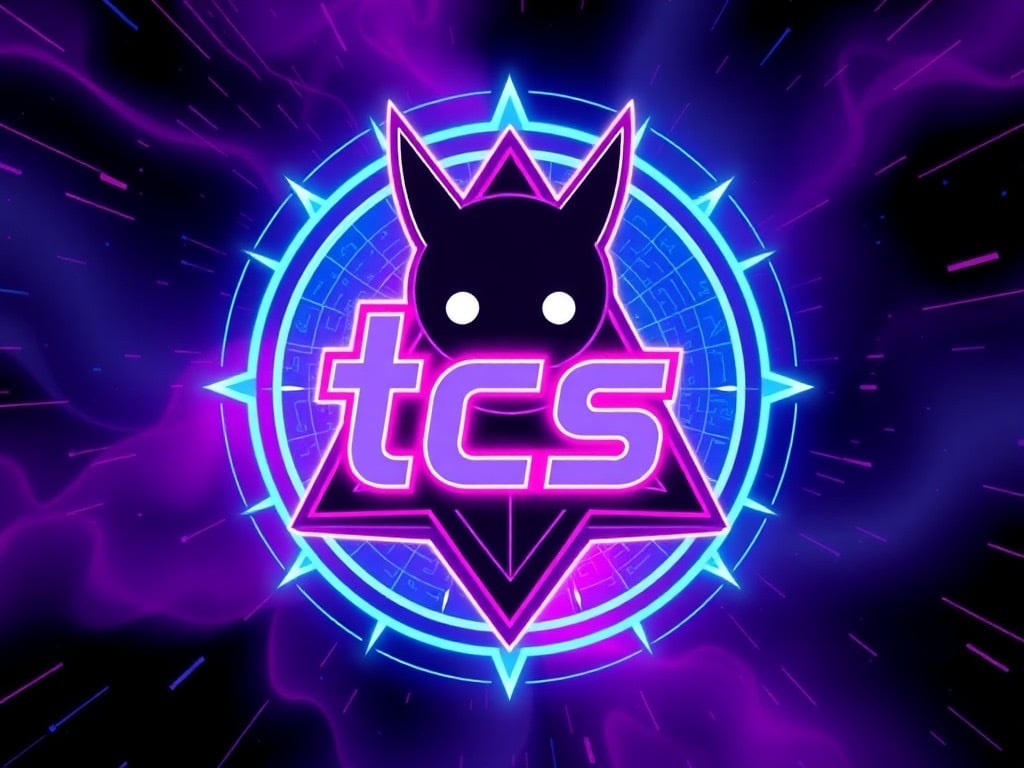Quit drinking and smoking cold turkey 9 days ago and my BP is about 140s over 80s (was observed to be even higher about 72 hours in).
For reference, I’ve always had a low sodium, plant-based diet and never really had elevated blood pressure before I quit.
Just curious if this will ever go down on its own, my plan is to wait a couple weeks and see, but curious.
UPDATE: yes, well aware of stopping abruptly. I was more like a 2-5 beer/day person and had frequently stopped for a day or two without issue so wasn’t terribly worried, but I did check BP to be sure nothing wrong undetected was going on.
I didn’t have any symptoms outside of elevated BP and after checking frequently the last couple days I’m about mid 120s to 130 over 70s consistently.
So, in my own personal experience (and we are all different) it does seem that quitting both abruptly caused a temporary elevation in BP for several days.
I have been hydrating regularly (2 liters minimum of water daily, plus I eat a lot of plants with high water content anyway), yoga, cardio, Peleton. Sleeping better.
I will continue to monitor and contact my Dr if needed. I believe my annual checkup is soon anyway.
Thanks for all the responses.
I don’t know about drinking, but when you quit smoking, it will take many months for your body to heal. Expect extreme coughing, nausea and other unpleasant side effects. I went through it after more than a decade of heavy smoking and it was not fun at all. But hey, I don’t smoke for over a decade now and couldn’t be happier about it.
On many medical websites, the four pieces of advice to lower BP: 1 - weight management, 2 - cardio, 3 - minimize salt, 4 - minimize alcohol.
I am not a doctor and this is not medical advice.
Smoking -dilates- constricts your blood vessels and capillaries. Drinking thins your blood. After quitting your body is going to over compensate the other way for a little while.
Congratulations on quitting.
Edit: correction for constricts rather than dilation
Nicotine is a vasoconstrictor, which elevates blood pressure by causing your blood vessels to constrict.
Is it though? There are no conclusive studies on the effects of nicotine isolated from smoking cigarettes.
First off, good job on quitting! Keep up the good work.
Alcohol withdrawal can apparently cause high blood pressure. Withdrawal typically peaks in the first 1-3 days, which would match up with your observation that your BP was even higher at the 72-hour mark:

In the most severe cases, alcohol withdrawal should be supervised by a medical professional because it’s actually possible to die from it. If you’d gone through full-blown worst-case alcohol withdrawal, you’d probably know it (and high BP would probably not be your most pressing concern). Maybe it’s possible to get a milder case of alcohol withdrawal from a lesser level of alcohol use? That’s pure speculation on my part, I can’t find any source one way or the other as most are devoted to withdrawal from heavy alcohol abuse. If I were in your shoes I’d monitor my BP for the next couple weeks and talk to a doctor if BP measurements aren’t trending downward over that time.
Thanks for the responses everyone. I will talk to a doctor very soon.
Good to hear. Hopefully you’re in a place where that isn’t going to be hugely expensive, but even if it does cost some money it’s still a good idea. Money’s no good to you if you’re dead.
I’m not a doctor. I am a volunteer at an addiction recovery org. I see a lot of people starting their journey, and there are all kinds of responses to quittting, a few involve the ER. The only advice I would take here is “see a doctor”
Quitting drinking is a peculiar beast. If you were a “normal” drinker, you might only experience some mild mood irritation or have an issue getting to sleep if nightcaps were your thing. You might experience nothing.
If you were a heavy drinker and immediately quit, that can actually kill you. I am going to be realistic here: Ex-drinkers in my class of alcoholic could drink a few bottles of wine, or a case of beer or 5th of liquor throughout the day and then drink more after that, pass out drunk and then start the next morning with a couple of shots.
Alcohol withdrawal in those extreme cases can be deadly. When I quit, I was in bed for a week, with supervision, and had a detox center on speed dial, just in case. It’s no joke. (I should add that my approach was still risky and stupid.)
But yeah, quitting anything that is addictive is going to piss your body off a little. Eventually, if you lay off the “bad things” long enough, your body will recover. You can see the full gambit with nicotine though: Agitation, higher BP, sweats, etc. It depends on your body.
Above all else, talk to a doctor. Everyone’s situation is always unique and is rarely diagnosed properly over social media.
I second this, I was an extreme drinker and ended up in the hospital several times… Last couple relapses I drank myself down, which is extremely risky and stupid.
Elevated blood pressure is a common alcohol withdrawal symptom, but it looks like 9 days may be a long time for this symptom to last. As you’ve already seen from others, talking to a dr is probably a good idea at this point (if you have the means to do so).
Yes
Fiber and low intensity exercise are listed as helpful.
I would also be interested in this information
I just made an update but TL; DR seems that for me anyway, it was a temporary effect. Will continue to monitor though.
Please ask a doctor!
Mine would shoot through the roof out of sheer joy and excitement. Good for you.
Are you monitoring yourself at home? It helps to log it for a bit. Besides, your PCP will love the data. A word of warning though, low cost models may have a relatively small onboard storage of readings. Like ten.
I learned the hard way.I’m inclined to say yes.
Alcohol is a depressant and going from heavy drinking to cold turkey is almost always a bad idea. It’s one of those things you need to gradually wean yourself off of. Alcohol withdrawal can legit kill people.
Smoking… I’ve known people who have quit it by going cold turkey.
I’m not a doctor. I am a volunteer at an addiction recovery org. I see a lot of people starting their journey, and there are all kinds of responses to quittting, a few involve the ER. The only advice I would take here is “see a doctor”
The below comment by @epyon22@programming.dev says it all, congrats











